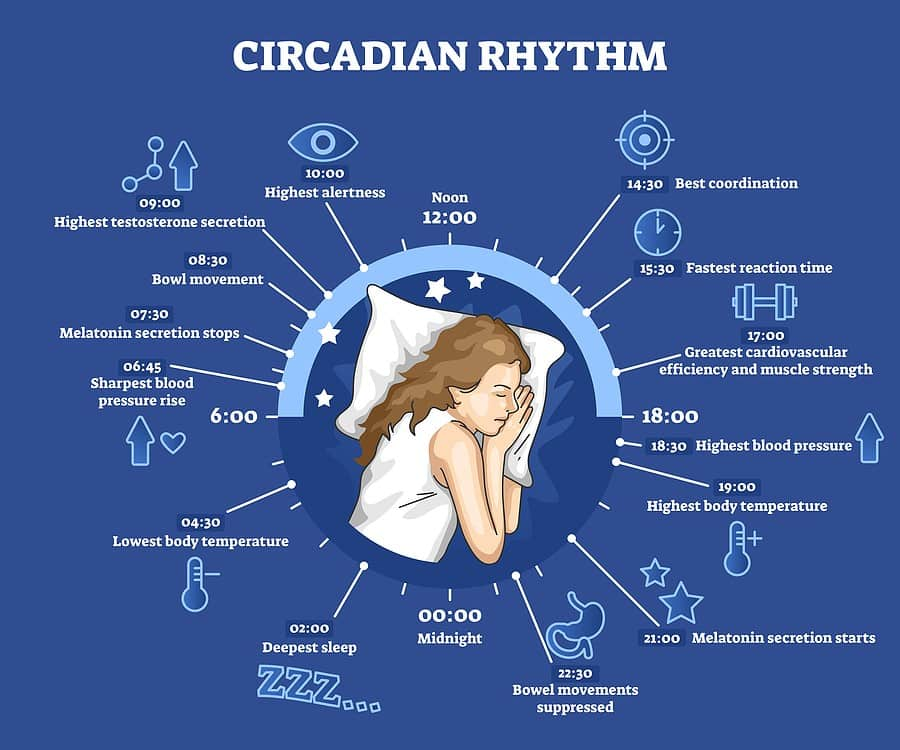Mental health patients often struggle with circadian rhythm disruption, which can have a profound impact on their overall well-being. Understanding the importance of maintaining a healthy circadian rhythm and the factors that can disrupt it is crucial in providing effective care for these individuals.
The Significance of Circadian Rhythm:
Circadian rhythm is our body’s internal clock that regulates various biological processes, including sleep-wake cycles, hormone production, and metabolism. It plays a vital role in maintaining overall health and well-being, as well as ensuring optimal cognitive function and emotional stability.
Impact of Circadian Rhythm Disruption on Mental Health:
Disruption of the circadian rhythm has been linked to a range of mental health issues, including depression, anxiety, bipolar disorder, and schizophrenia. When the circadian rhythm is disrupted, it can lead to mood disturbances, cognitive impairments, and increased risk of psychiatric symptoms.
Factors Contributing to Circadian Rhythm Disruption:
Several factors can contribute to circadian rhythm disruption among mental health patients, including:
1. Medications:
Some medications used to treat mental health conditions can interfere with the body’s natural clock, causing disruptions in the circadian rhythm. It is essential for healthcare providers to carefully monitor the effects of these medications on patients’ sleep patterns and overall well-being.
2. Stress and Anxiety:
Stress and anxiety can disrupt the circadian rhythm by affecting the production of key sleep-regulating hormones, such as melatonin. Managing stress and anxiety through therapy and relaxation techniques can help restore a healthy sleep-wake cycle.
3. Lifestyle Factors:
Poor sleep hygiene, irregular sleep schedules, and exposure to artificial light at night can all contribute to circadian rhythm disruption among mental health patients. Educating patients about the importance of maintaining a consistent sleep routine and creating a sleep-friendly environment can help improve their overall sleep quality.
Conclusion:
Addressing circadian rhythm disruption among mental health patients is essential for supporting their recovery and overall well-being. By understanding the factors that can disrupt the circadian rhythm and implementing strategies to promote healthy sleep patterns, healthcare providers can help improve the mental health outcomes of these individuals.

